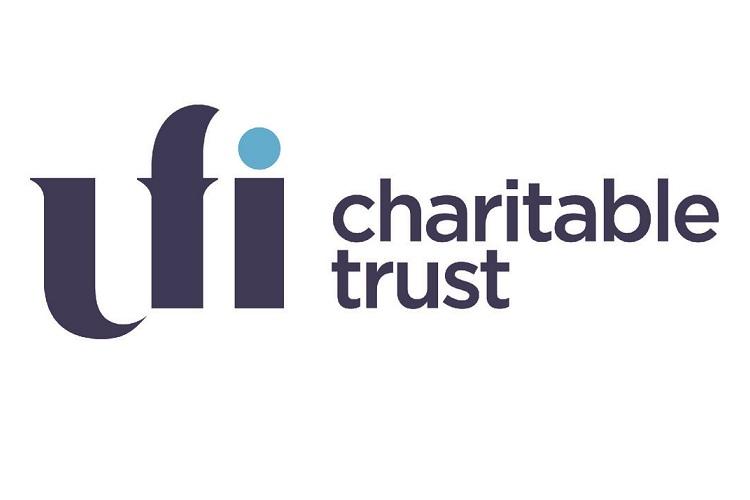#VocTech Showcase Ray Barnes Prize for Impact through Innovation

The first winner of the Ray Barnes Prize for Impact Through Innovation recognises iSci for their use of technological innovation for vocational learning and was announced at Ufi’s annual #VocTech 2018 Showcase in London on 21 November 2018.
The prize was founded in honour of our late-Chairman and aims to continue his legacy promoting innovation-led skills development. The criteria for the winner reflects Ray’s vision for Ufi and his commitment to using advanced technology to deliver tangible benefits for the UK workforce.
Interactive Scientific (iSci) emerged as the project that the Ufi trustees felt best exemplified Ray Barnes’ vision. While all Ufi’s 100 projects have worked hard to advance the standard of vocational learning in the UK, iSci’s Nano Simbox stood out for its work in combining scientific rigour and advanced technology to make complex science training accessible to scientists, academics and students.
Using a range of technologies, from tablets to VR headsets, the Nano Simbox allows its users to interact with the invisible scientific world of atoms and molecules. In a virtual world that replicates the exact laws of molecular physics, leaners can take apart and contort molecular structures, giving them a window into a key part of molecular research.
Ufi have been an important part of Interactive Scientific’s journey so far. Ufi were one of iSci’s first funders in Autumn 2015 and the project was a key starting point for establishing iSci products on mobile devices and making science simulations widely accessible (having previously only been available to research labs with High-Performance Computing).
The ongoing relationship with Ufi has enabled iSci to design and build the technology architecture that enables their technology (Nano Simbox) to scale to scientific learners and researchers around the world, and enabled new relationships with organisations such as Oracle Cloud Start-Up Accelerator.
Ufi are working to improve vocational skills in the UK’s workforce by funding innovative digital solutions for vocational learning that challenge the status-quo of skill development and help to widen access to learning for all.
Dr Becky Sage, CEO of Interactive Scientific, commented:
“Ufi’s belief and trust in iSci’s vision over the years has been unwavering, so we are especially honoured to receive this award. Alongside technical development, Ufi has continued to champion our approach. The Ufi team and brand gives us a sounding board and steer which has enabled us to hold tight to our values. We are resolute about developing a transformative company that will widen participation and open doors to the opportunities afforded by the development of scientific skills in formal and non-formal education.
“We’d like to extend our thanks to the Ufi Board of Trustees, not only for encouraging and recognising the work between iSci and Ufi; but for their incredible commitment to lifelong learning which is transforming the way all adults can access high-quality skills development. We are very grateful to have been awarded the Ray Barnes Prize, it means a lot to the whole iSci team. We have been with Ufi since the first VocTech call and it has been a really important journey for us. We share the same values and passion about how vocational technology can improve the way we learn. We really appreciate their support and guidance over the years.”
Rebecca Garrod-Waters, CEO of Ufi Charitable Trust, commented:
“Ray’s vision for vocational learning has been fundamental in defining our core values. With this award we wanted to make sure that his legacy is maintained. iSci’s Nano Simbox offers an effective way for people to access the skills that will give them better opportunities in the science and research industries. But most of all, the iSci team represent the innovative and creative thinking that Ray was so passionate about.”
Ray fundamentally believed that giving the UK workforce more and better skills would greatly improve national productivity, which would improve the opportunities available to all. He saw digital technology as a key part in allowing people to access training and gain valuable new skills. Ray was determined that Ufi should focus on supporting projects that were looking at new ways of approaching learning designed to open up access and opportunity for many more people.












Responses